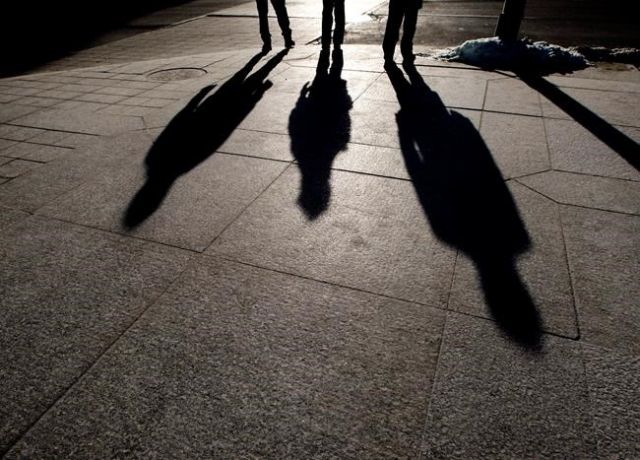
30% of minority Canadians experience discrimination in workplace
Thirty-per cent of Canadians who identify with a specific diversity group, including visible minorities and LGBTQ, have experienced at least one incident of discrimination at their current employer, a new survey suggests.
The poll, commissioned by the Boston Consulting Group’s Centre for Canada’s Future, found that 33 per cent of women said they had encountered at least one discriminatory incident, as did 33 per cent of LGBTQ and 34 per cent of those who identify as people of colour.
The percentage was higher for Indigenous respondents at 40 per cent, and for those with a disability at 41 per cent, according to the survey.
“That’s too high,” said BCG’s managing director and senior partner Nan DasGupta in an interview.
“It’s probably not what most Canadians would feel comfortable with in terms of how we think about the inclusivity of our culture, of our society, and our workplaces. So we think there is a lot of work to do still.”
BCG’s Centre for Canada’s Future, a non-profit arm of the consulting company focused on examining issues of importance to Canada, surveyed 5,082 working Canadians at companies with more than 1,000 employees in a variety of industries and roles.
The poll was conducted via an online panel from April 10 to May 1.
According to the polling industry’s generally accepted standards, online surveys cannot be assigned a margin of error because they do not randomly sample the population.
While there is room for improvement, the survey’s results showed that Canadians fared better than similar countries when it came to obstacles to diversity and inclusion in recruitment, retention, advancement and leadership commitment at their companies, said DasGupta.
For example, among LGBTQ respondents, 24 per cent said there were obstacles in employee retention, compared with 32 per cent in Australia, 33 per cent in Denmark, Norway and Finland, 35 per cent in the U.K. and 36 per cent in the U.S.
Also, about 30 per cent of female respondents said there obstacles in recruitment, compared with 38 per cent in Australia, 39 per cent in the United Kingdom, 33 per cent in the U.S. and 31 per cent in Denmark, Norway and Finland, the BCG survey showed.
“Actually, the Canadian results fare pretty well… fewer people see obstacles on most dimensions,” DasGupta said.


